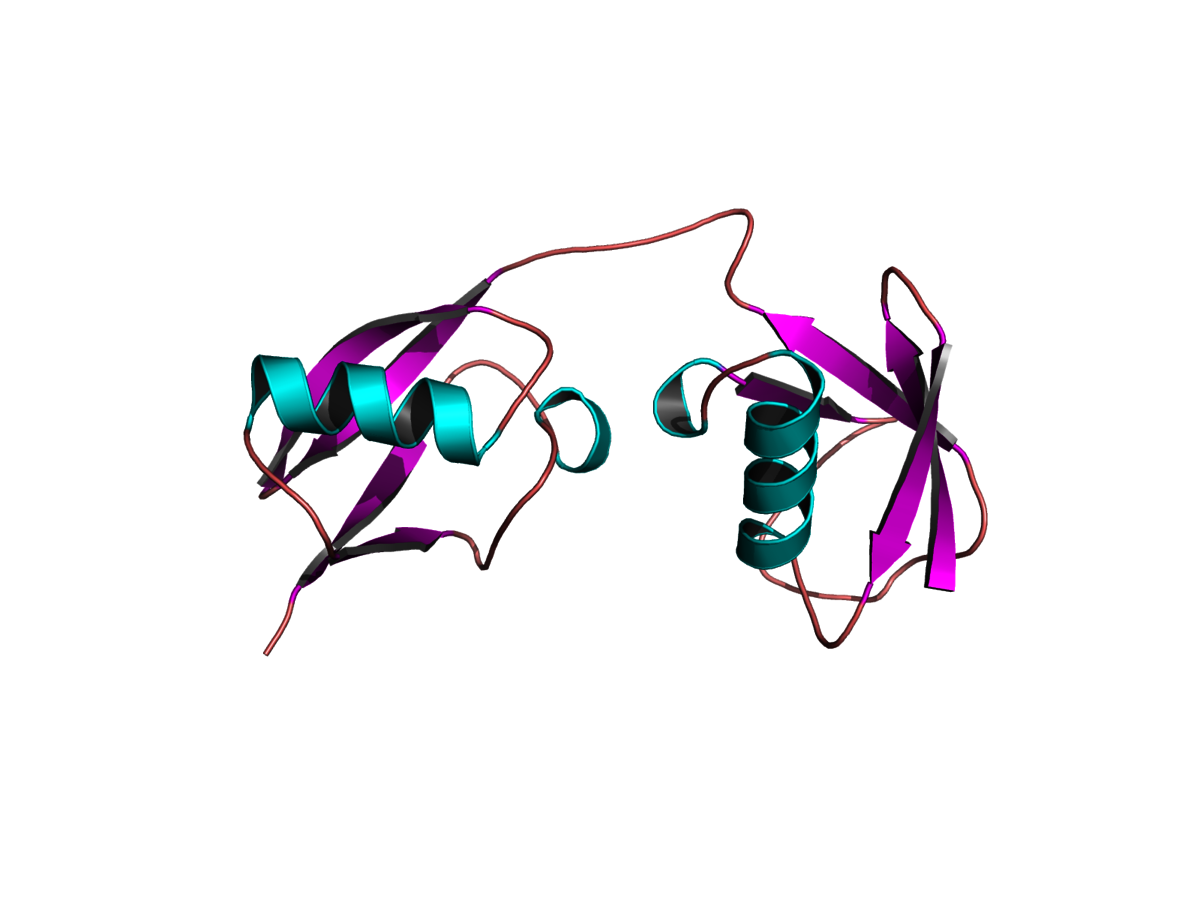The influence of social stress on T cell responses against viruses, tumor cells, and on behaviour of mice
Time
Monday, 11. May 2020
11:45 - 12:45
Location
Online
Organizer
Centre for the Advanced Study of Collective Behaviour
Speaker:
Marcus Gröttrup, University of Konstanz
This event is part of an event series „Seminar Series of CASCB“.
View the recording of Marcus' talk here
Marcus Gröttrup is a Professor at the Universityof Konstanz. The Gröttrup lab is The Chair of Immunology of the University's Biology Faculty. His research group is interested in understanding immunological phenomena - both in health and disease. They investigate systemic functions of immune cells, their plasticity, their functional interplay and the molecular mechanisms underlying the different functions of immune cells.
The influence of social stress on T cell responses against viruses, tumor cells, and on behaviour of mice
We have shown in a chronic social stress model, the resident – intruder paradigm, that cytotoxic T lymphocyte (CTL) responses to viral infection of mice are strongly suppressed. We have also observed suppression of CTLs in stressed mice in the response to vaccination against tumor antigens which led to higher susceptibility of stressed mice to tumors. In chronically stressed humans suffering from post traumatic stress disorder (PTSD) we have found a significant reduction of anti-inflammatory regulatory T lymphocytes that are important for counteracting autoimmune disorders. This may explain why PTSD patients suffer more frequently from such diseases.
As the immune system reacts very sensitively to social stress it provides very helpful read outs for monitoring the influence of stress on group behavior of mice. We have established within CASCB two stress models in which the stress level can be monitored via loss of thymus weight and an increase in the weight of adrenal glands. Stressed mice when co-housed with unstressed littermates induced stress symptoms in these littermates providing evidence for contagion of stress states in mice. Moreover, we have built larger cages with a near-natural environment in which mice carrying two radio-frequency identified (RFID) microchips are monitored with time synchronized video and RFID tracking. This system will be used to automatically phenotype the behavior of stressed and unstressed mice as well as mice that have experienced early life adversity. Later on, gene targeted mice that lack expression of cytokine genes will be used to test their influence on behavioral patterns after and before viral infection.

